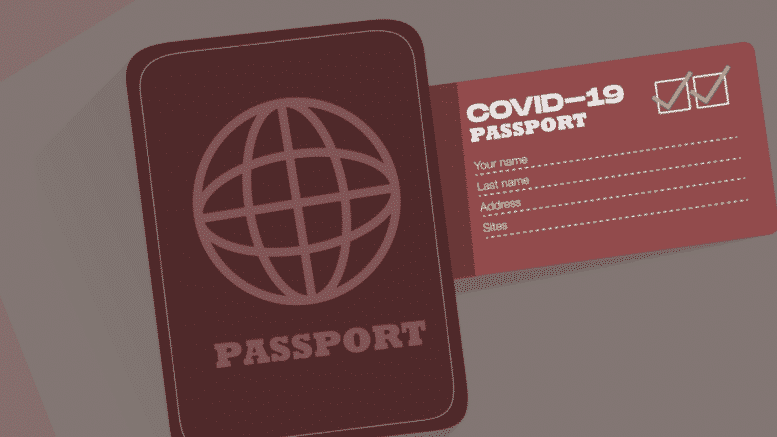Experts: ‘Immunity Passports’ Are Unethical
Mon 11:04 am +01:00, 8 Jun 2020How do you get people back to work and traveling again without a coronavirus vaccine? That’s the question being asked right now by several tech start-ups racing to build digital “immunity passports.”
These are certificates that would be given to people who have recovered from Covid-19 or were asymptomatic. The idea is that you’d link your identity to a coronavirus test result and then be able to share your immune status with third parties like employers, airports or restaurants.
Or at least that’s how it would work in theory.
There are still plenty of question marks over these virtual identity passes, such as whether the antibody tests they rely on confer immunity to reinfection, or if they can adequately protect user privacy. Experts aren’t satisfied that these problems have been solved yet.
The Debate On ‘Immunity’
The entrepreneurs behind some immunity passport initiatives claim they are taking these issues seriously.
A team of software engineers from fintech firm TransferWise helped build digital immunity passports that are now being tested in Estonia. TransferWise co-founder Taavet Hinrikus says they won’t be launched publicly until there’s scientific consensus on Covid-19 immunity.
“We need to come to an agreement about immunity,” he told CNBC. “There seems to be agreement in the scientific community that antibodies do exist to Covid-19, but there is no agreement about parameters.”
“Do they last three months or three years? We don’t know that. There has to be a conclusion to that before this can be rolled out in any wider way.”
Cheaper and more widely-available means of testing the disease would also be crucial to deploying immunity passports, Hinrikus said.
Other companies working on tech for immunity passports include British start-ups Onfido and Yoti, and Germany’s IDNow.
But many scientists aren’t convinced these passports will work in practice.
“I don’t think immunity passports are really a way forward,” Dr. Simon Clarke, a microbiologist at the University of Reading, told CNBC. “They’re a great idea but I don’t think they stand up to scrutiny.”
The World Health Organization has urged governments not to go down the path of handing out immunity passports — physical or digital — due to doubts about the extent to which antibody tests confer immunity.
“I think we’re way off knowing for sure what makes somebody immune,” said Clarke. Using the analogy of an orchestra, he added: “Worrying about antibodies is a bit like worrying that the wind section is playing loud enough and not the whole orchestra.”
Antibodies aren’t the “be all and end all” of immunity and can take “a few days to a couple of weeks” to develop, Clarke said, adding there are other factors that need to be considered, such as virus-killing T cells.











